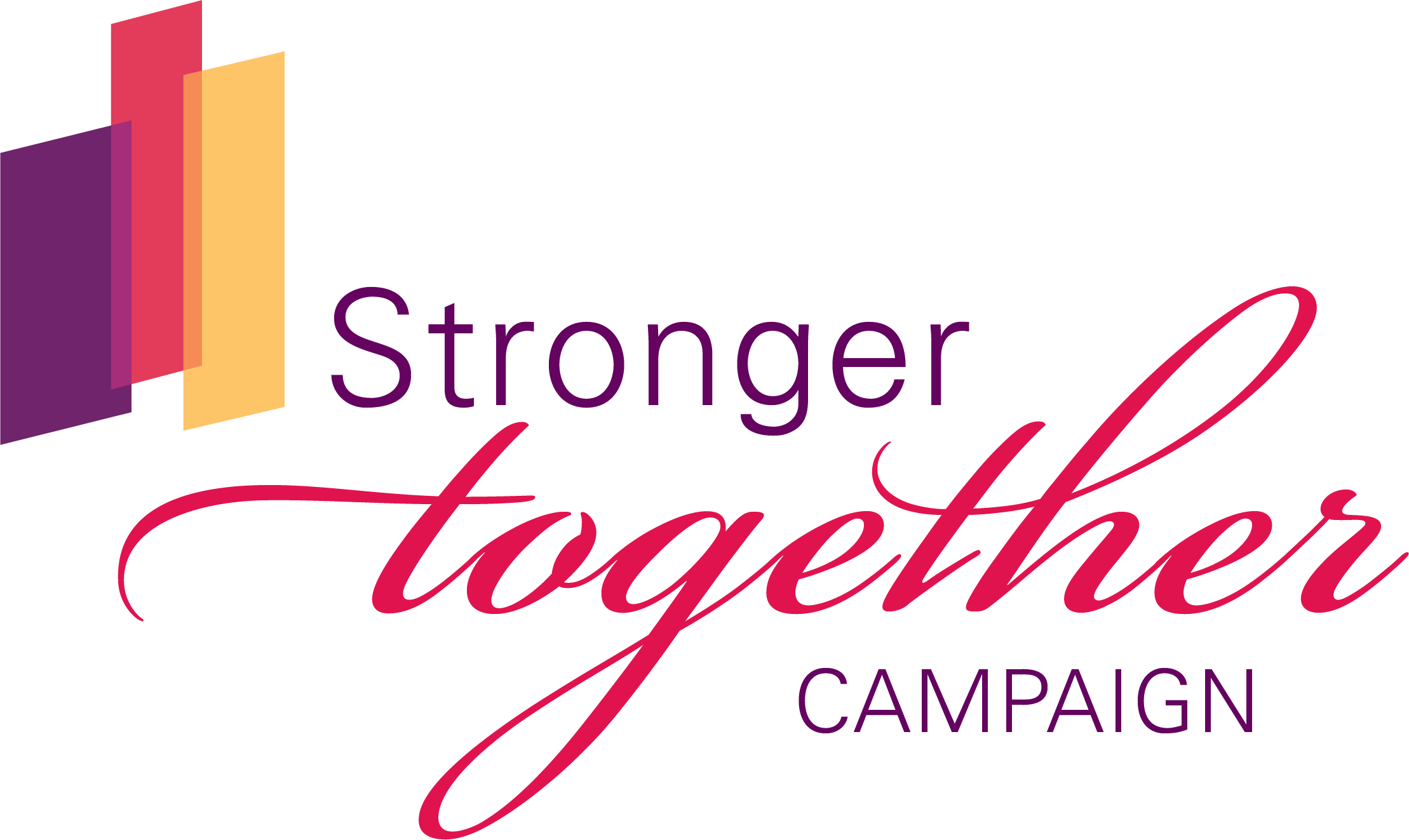Research shows not everyone needs therapy — but everyone needs some form of mental health support. You may get along just fine with social support from loved ones or with peer support from people who understand what you’re going through. You may also find the best choice for you is the professional training and personalized treatment a therapist offers.
Therapists are trained to recognize and help you recognize the subtle patterns of thought and behavior most people usually miss. In this way, therapy generally focuses on addressing root “problems” (like why you can't share your feelings), while social support generally provides relief from “symptoms” (like feeling nobody understands you). Neither is necessarily better — it all just depends on what kind of support works best for you right now.
What is therapy? Our previous article explains how therapy helps you make changes.
How do I know if I need therapy?
How do you know if your situation calls for professional or social support? There’s really no way to know for sure besides trying one out. There are too many factors (social, cultural, familial, neurological, or otherwise) to determine exactly how you’ll respond to either. The one you should try first is whichever sounds more effective or comfortable for you.
However, there are situations where professional mental health treatment is recommended. See if any of the following apply to you.
You may need therapy if…
… your symptoms are affecting your ability to function.
The need for professional treatment can be most apparent when symptoms of mental illness impair our usual feelings, thoughts, and behaviors. A therapist has the training necessary to help when changes in your mental health lead to symptoms like:
- Avoiding social interaction and having trouble in relationships
- Having trouble sleeping
- Performing worse at school or work
- Facing addictions or eating disorders
- Suffering from depression, anxiety, hopelessness, or post-traumatic stress disorder (PTSD)
- Having thoughts of hurting yourself or others
Mental health crisis support: If your symptoms feel overwhelming, you may be experiencing a mental health crisis that requires treatment right away. The Crisis Text Line is available if you or someone you know needs immediate help. More support is available from the National Alliance on Mental Illness.
… your symptoms aren’t improving, even with peer support.
It’s frustrating when we feel ourselves getting worse despite our best efforts to fix things. Feeling increasingly frustrated, overwhelmed, lost, misunderstood, or hopeless is a sign that your support network may not be equipped to help. A mental health professional can either provide or help you find the right kind of support.
… you’re experiencing a challenging life event, or will soon.
While peer support can certainly help during challenging life events, therapy can help treat or prevent serious mental health side effects these events may trigger. Stress, anxiety, grief, or depression often come alongside things like breakups, family trouble, illness, moving, changing careers, or losing a loved one. You should consider therapy to help yourself work through these events and heal, especially if you haven’t experienced similar situations. When loved ones are involved, couples therapy or family therapy can provide help to everyone at the same time.
What if therapy doesn’t work for me?
While people often have positive results in therapy, it may not be the right time in your life to do the kind of work therapy asks of you. Even if you try therapy and it doesn’t work, you can still find help in other places. People find mental health benefits in social support, like peer support groups, life coaching, and even simply leaning on friends or family for regular emotional support. Studies indicate peer support can even help treat conditions like depression or anxiety about as well as therapy (and in some cases better).
There are also many ways you can give yourself a better chance to make therapy work. Changing your approach to therapy can be helpful because expectations for its results (whether too low or too high) can have a negative impact on your experience. Let’s explore how to set healthy expectations for therapy.
Therapy may work better if you…
… go in ready to work hard and don’t expect immediate results.
Thinking therapy will work right away can be just as harmful as thinking it won’t work at all. One of the most common sources of frustration in our minds is expecting one result and getting another. If you’re going into therapy expecting fast results, you may want to ask yourself how that might affect your experience. How do you think you’ll react if you don’t see results fast? If your expectations aren’t met, do you think you’ll be more or less likely to put in the time and effort required to see results?
As we’ve covered before, therapy can take time and effort because the process of rewiring your brain takes time and effort. And rewiring can only start happening after you figure out how your brain is wired in the first place, which takes time and effort. For some people, working toward change can make things more challenging before they become easier.
… don’t expect instructions for your life.
One of the most fundamental principles for therapists can be one of the most annoying for patients: therapists aren’t there to tell you what to do. Be prepared if you ask the question, “What should I do?” to get an answer like, “What do you think you should do?” Though it can be frustrating, there are very good reasons therapists are taught to “avoid” this kind of question:
- To get to the root of the problem: Therapists are less concerned about suggesting “Talk it out with your father” than they are helping you understand why you avoid doing so in the first place. Your therapist might suggest doing something specific, but with the goal of helping you explore your reaction to it. But, in the end, only you will know how to solve your unique problem — your therapist will help you overcome whatever’s preventing you from seeing and trying the solution.
- To protect your relationship: Imagine how you would feel if your therapist’s suggestion had a bad result in your life. Would you ever trust them again? Would you even go back?
- To save your time (and money): Nobody can know your life better than you. You don’t want to spend your sessions explaining complex family drama and shooting down suggestions that are ill-informed or that you’ve already tried.
Therapists do offer guidance in the form of strategies and tools, which can help you find a good approach to your problem. If you feel like you need more direct guidance, you can always ask your therapist to take on more of a coaching role. While this might be the kind of help you need right now, you and your therapist should discuss if it will be a good fit.
… be upfront about your needs both before and during therapy.
Your time in therapy isn’t restricted to talking about your personal problems. You can and should tell your therapist about how therapy itself is making you feel. As early as possible (and anytime your feelings change), tell your therapist about:
- What you want out of therapy right now
- Any reservations about therapy in general
- When you don’t like something your therapist is doing
- If you feel therapy isn’t working the way you need
Your therapist should be open to this feedback and actively work with you to find solutions. If that doesn’t happen, you should consider trying a new therapist and possibly a new type of therapy.
… be patient trying out different types of therapy.
There are different ways to rewire our brains. For example, you may require a different type of therapy if:
- You’ve been affected by trauma
- You’re struggling with addiction
- Your main concern is relationships
- You don’t respond well to standard talk therapy
Even if none of these situations apply to you, there are still many unique therapy approaches to try. It may seem daunting, but you can become better informed and more comfortable with your options by:
- Reading up on types of therapy
- Asking people you trust about their experience with therapy
- Reaching out to mental health resources in your community
- Talking to a qualified mental health professional
… don’t expect your first therapist to be perfect for you.
It can take a number of tries to find the right therapist. Your therapist may not specialize in the right type of therapy, use the right approach, or even have the right personality for you. Therapy is a partnership, so it’s important you and your therapist are compatible. If anything at all about your therapist doesn’t work, it’s okay to try a new therapist. A good therapist will recognize they’re not the right fit and may even recommend someone better for you.
... go for yourself, not for others.
If you don’t want to be in therapy, you’ll probably benefit from it less. But even if you’re being asked or required to go, therapy can still work for you. In either situation, it’s important to remember that your therapist isn’t on anyone’s side but yours. So, no matter why anyone else wants you to go, you get to decide what your therapy looks like.
If you’re asked to go by family, friends, or a partner
You shouldn’t be pressured into therapy by people close to you. But if someone you usually trust believes therapy could help you, the best thing to do is talk to them about it. Tell them how being asked makes you feel and what your concerns are. Do your best to listen to their concerns and try to see things from their perspective. As you talk with them, see if you feel like their concerns come from a place of compassion. If that’s not how you feel, talk to them about that too.
If you’re required to go by parents, guardians, or the legal system
Being put into therapy against your will can feel like everyone’s given up on you. It can also feel like parents, guardians, or legal authorities are trying to “fix” you. A good therapist isn’t interested in fixing you. In fact, they’re specifically trained not to try changing you. Your therapist is there only to help you understand how your mind works and support you if it’s not working in ways helpful to you. Any change will be your choice and your responsibility.
What if I’m still not sure about therapy?
It’s okay if it seems like there isn’t a compelling reason to try therapy. The best way to make the decision is to ask yourself how you feel about therapy. If you feel like therapy isn’t for you, you probably shouldn’t do it right now. If you feel open to trying it, you probably should. Either way, you can always change your mind if your feelings change.
If you’d like to learn more about therapy, get in touch with us.
This article is for educational purposes only — the content on this page is not medical advice. If you or someone you know is experiencing a mental health crisis, immediate help and support is available from the Crisis Text Line.



